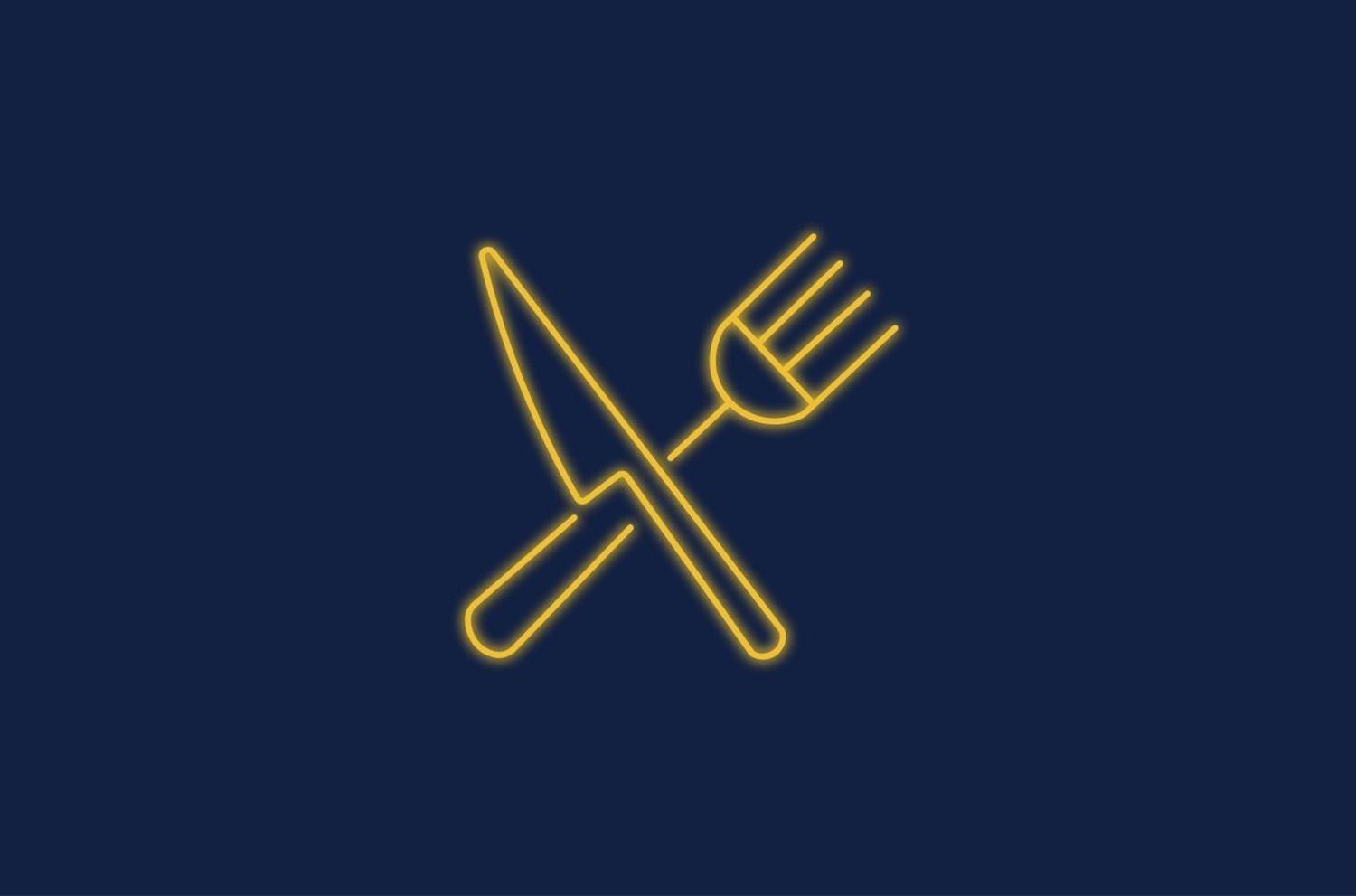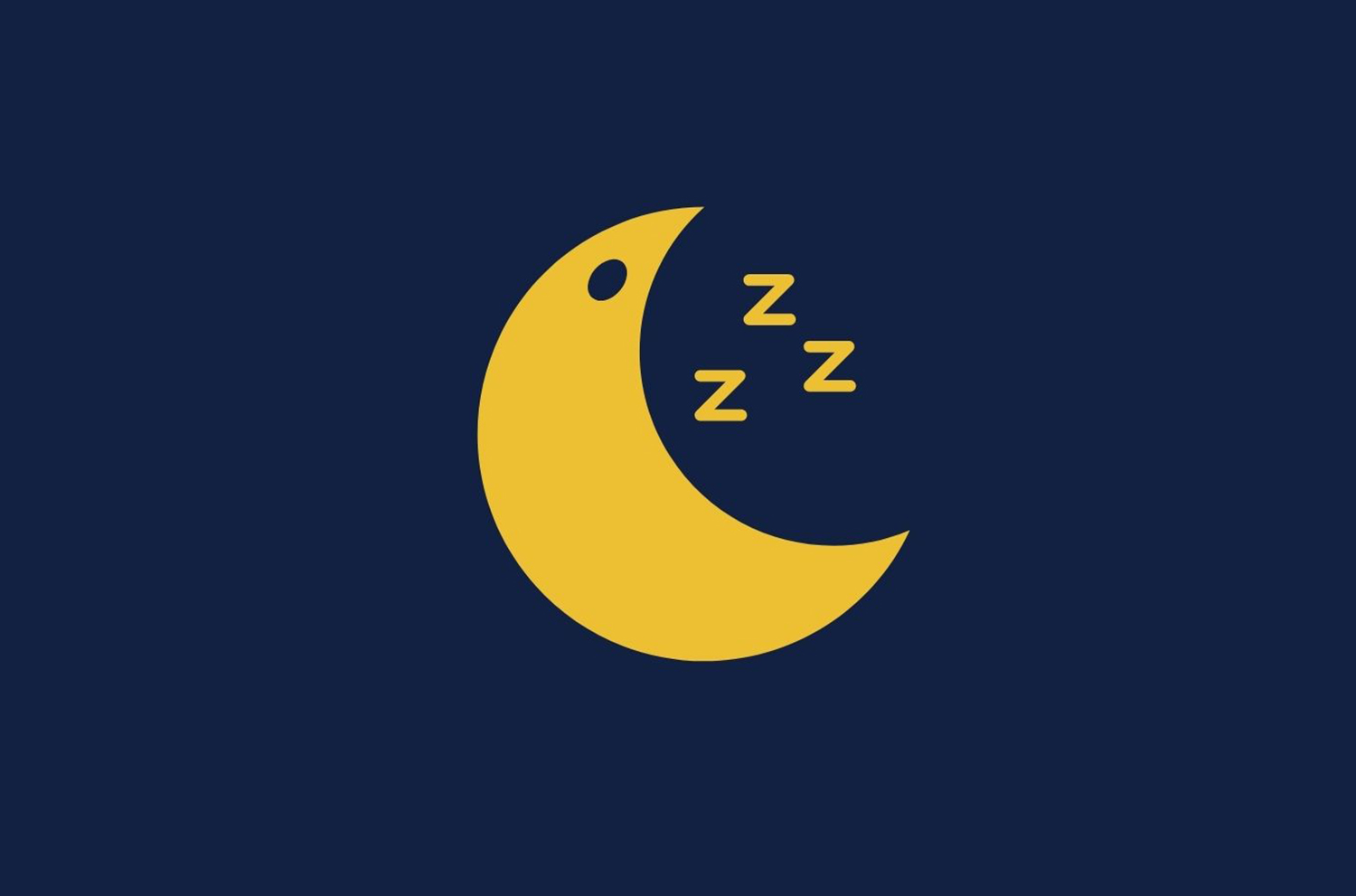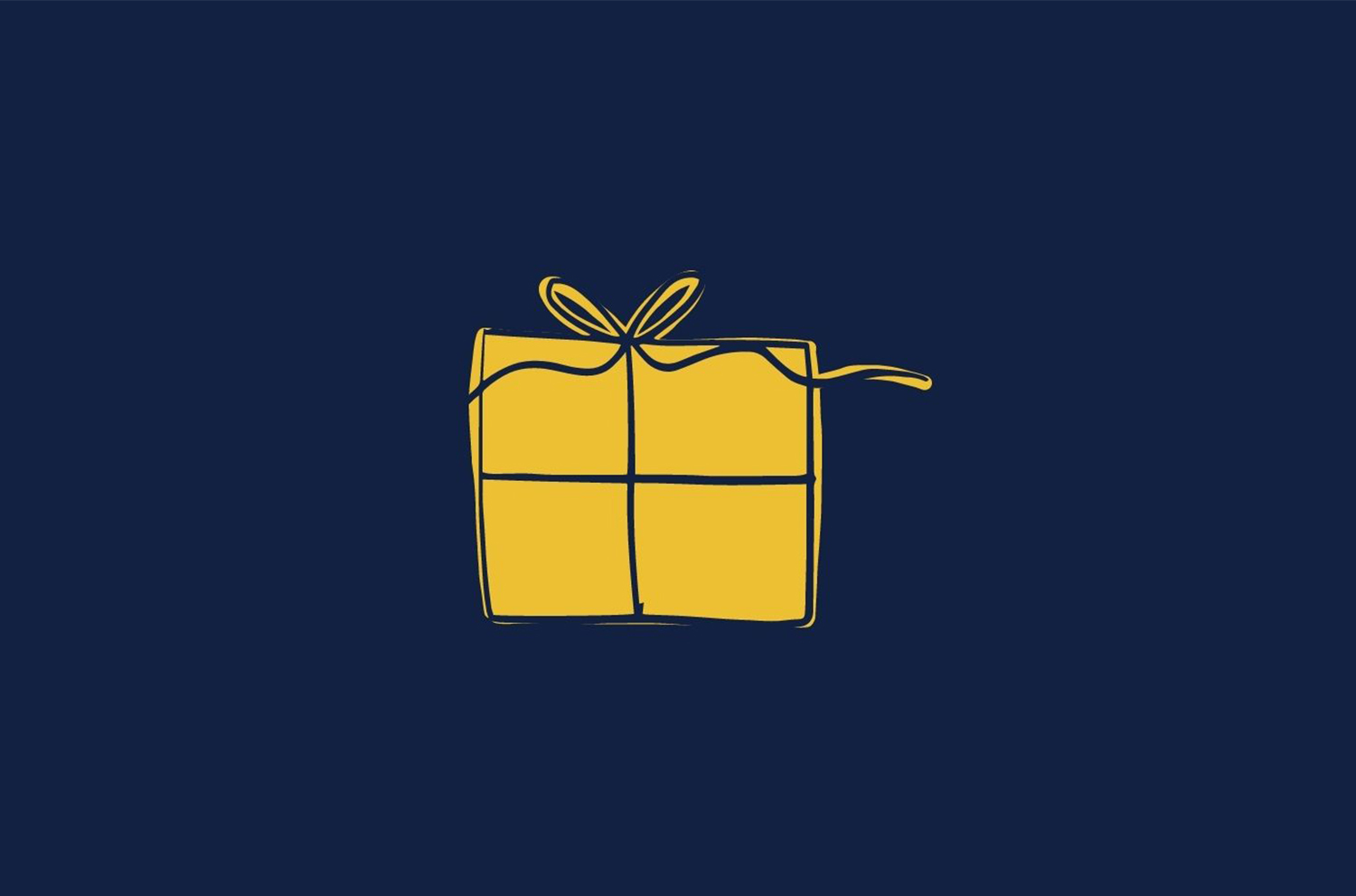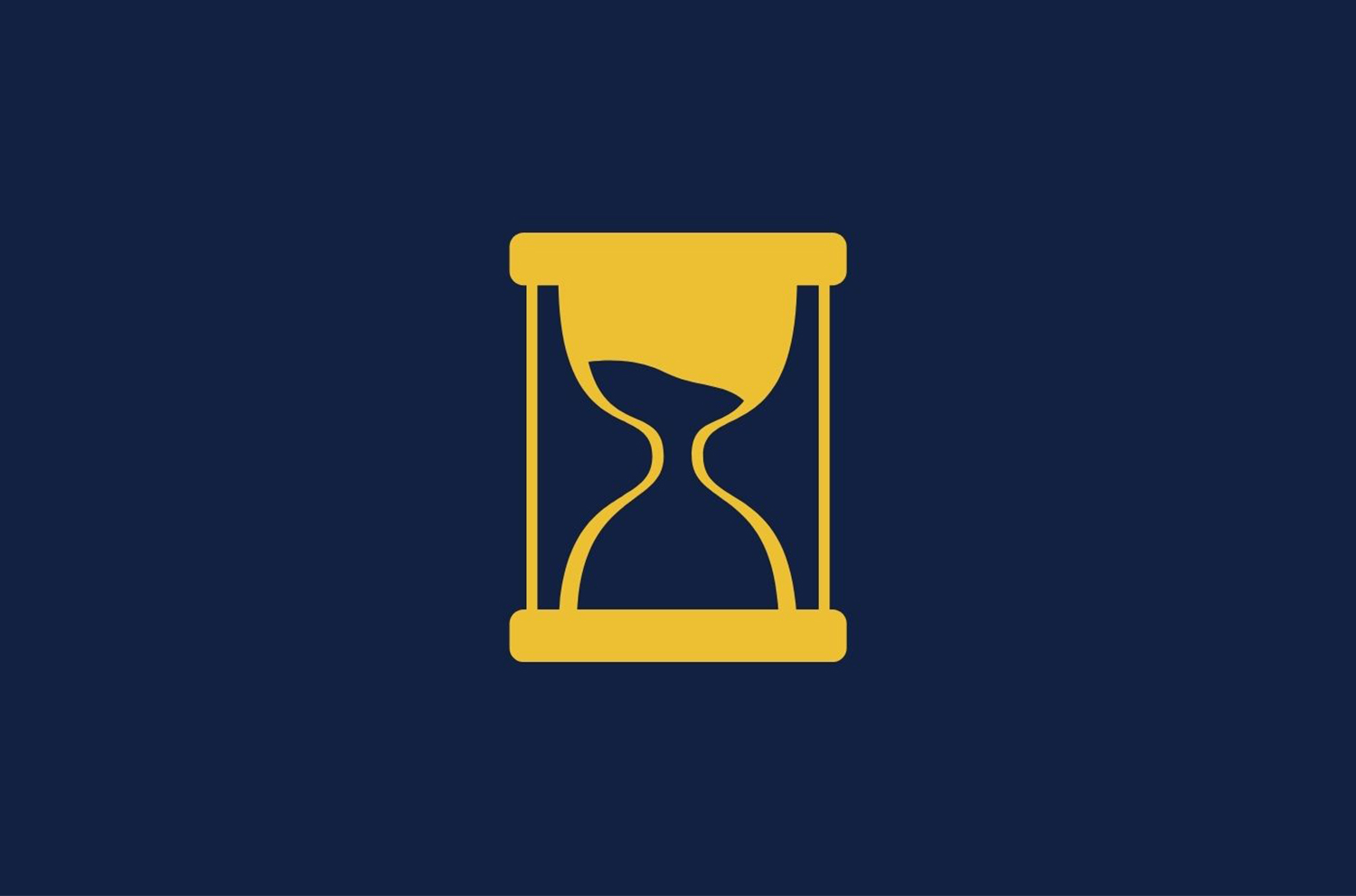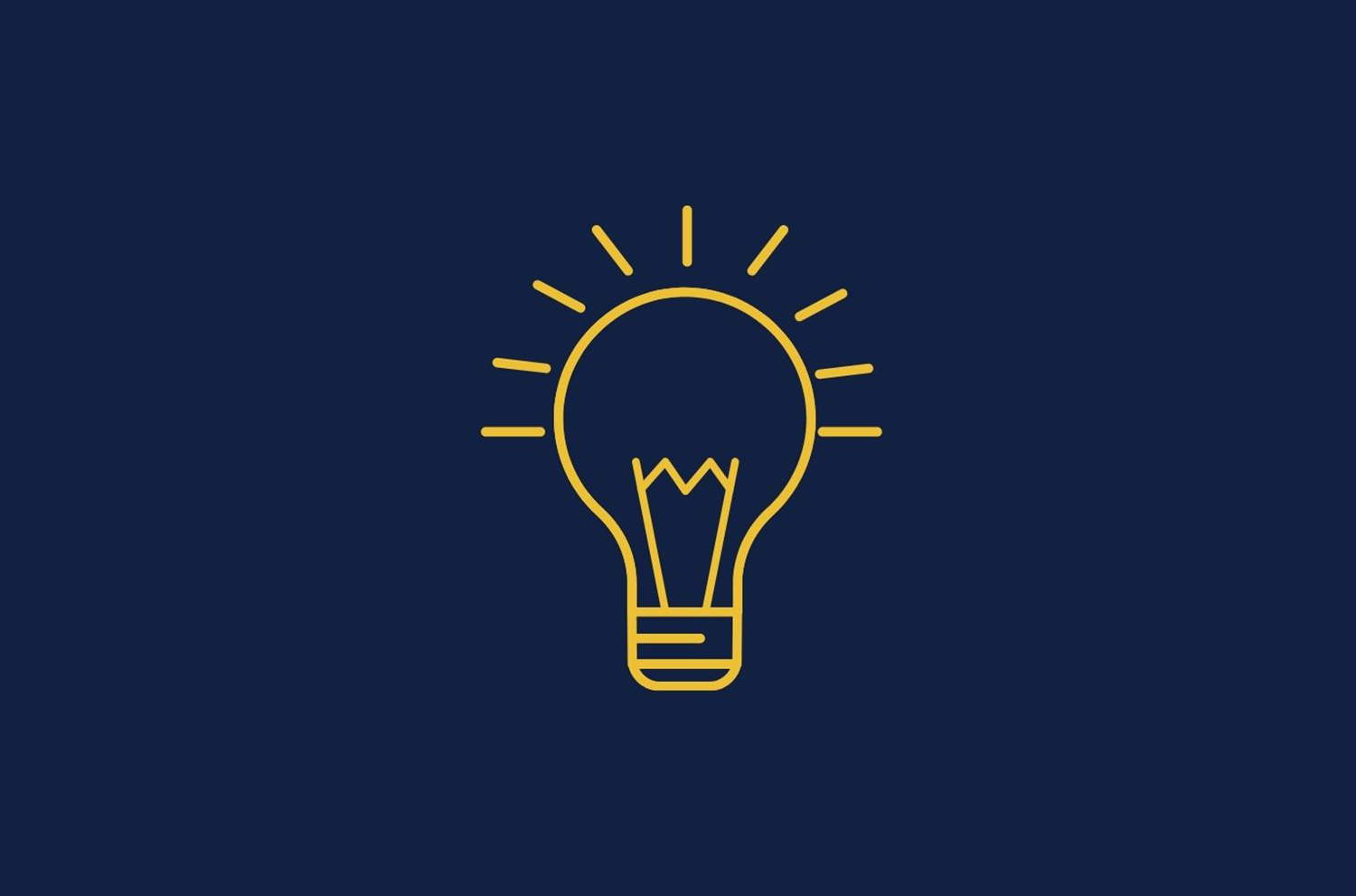We use cookies on our website and you can manage these via your browser setting at any time. See our Cookie Policy to learn more.
To review our Privacy Policy, including our obligations under the General Data Protection Regulation, please see our Privacy Policy
PARENTS: Please note that you should allow cookies in order to log into the Parent Area. Further information
During this challenging time, it is important to look after your wellbeing and the wellbeing of your friends and family. We have put together some resources and ideas to help and advise you. You can do the activities either on your own, with your family or with your school friends. We encourage you to join in and would love to hear how you are getting on.
Eat Well
Your body and brain need nutrients to keep healthy and function well. A healthy diet is good for your body and for your brain. The food you eat can have a long lasting effect on your mental and physical health. The BANT (British Association of Nutritional Therapists) ‘Eatwell Plate’ is a visual representation of a daily balanced diet. Try to eat three meals a day or maybe five smaller snacks throughout the day is better for you.
Week 3 Activities
Recommended links
-
Why teens need proper nourishment - Lucinda Miller
- 'The role of food in health' a TED talk by Dr Rupy Aujla
Further reading
- ‘Brain Changer’ by Felice Jacker.
- ‘The 4 Pillar Plan’ by Dr. Rangan Chatterjee.
- “The Good Stuff’ by Lucinda Miller.
Sleep
The recommended amount of sleep for teenagers is, on average, 8 to 10 hours each night. From the numerous studies on sleep, the benefits range from enhanced concentration to a better immune system. Some research suggests a difference of approximately half a grade between pupils who sleep well and those who do not. This is possibly because pupils who get better sleep may be more attentive the following day, leading to more effective learning. It is also suggested that when we sleep new connections are formed between our brain cells. So, getting a good night’s sleep on a regular basis can improve memory. However, possibly more important than this at the current time is that many researchers believe that one of the main functions of sleep is to maintain our immune system and regulate the hormones necessary for health. Getting the recommended hours of sleep a night can help defend the body against illness. Sleep is one of the most important parts of our day. Whilst many may see it purely as a time to recharge, its benefits for both our physical and mental health are significant.
Here is an interesting infographic from Believe Perform on the science of sleep.
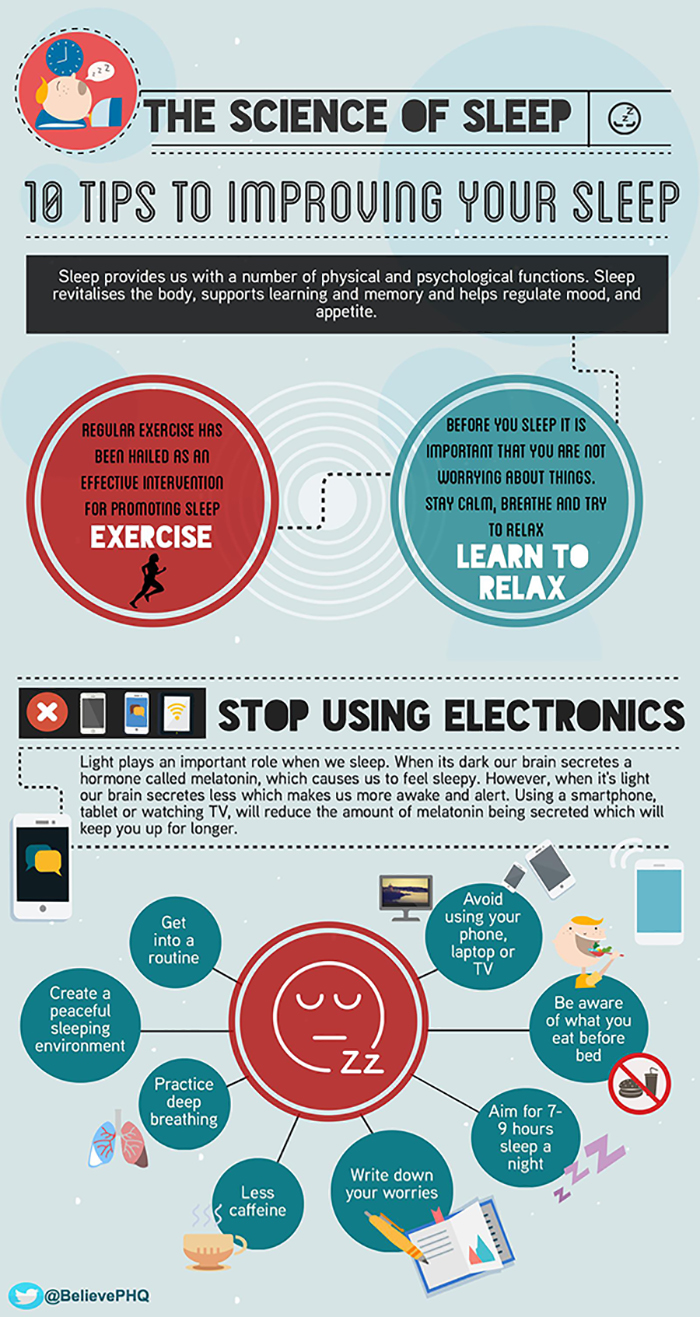
Week 3 Activities
- A) Have a little look at this poster, how many of these tips and advice for a good night’s sleep do you do already? This week, try to incorporate a couple more of them into your bedtime routine.
- B) Download the ‘Calm’ app on your phone or any other device and benefit from a range of resources, including; Sleep more. Stress less. Live better.
Recommended links
Further reading
- ‘Sleep’ by Nick Littlehales
- ‘Why we Sleep’ by Matthew Walker.
Be kind
Giving or helping others is one of the five ways to wellbeing so caring for others is an important part of being human. Hans Selye argued that to reduce the negative effects of everyday stresses and strains, we should do good for others. He suggests that doing so changes our own physiological responses to stress. It is often quoted that kindness is the combination of three components:
- the motivation to be kind to others.
- recognition of kindness in others.
- engaging in kind behaviour every day.
Week 3 Activities
- A) Read the following articles:
- B) Read this article on volunteering.
Recommended links
-
Heartwarming moment D-Day veteran tears up as he’s given a present.
-
‘The power of vulnerability’ a TED talk by Brene Brown
-
‘The power of kindness’ a TED talk by Orly Wahba
Further reading
- ‘The five side effects of kindness’ by Dr David Hamilton
Stay connected
Humans are social creatures who require connections with other humans in order to thrive. Spending time with friends and family is proved to make you happier. Taking time to feel grateful for the people in your life deepens the bonds between you. Feeling connected to those around us also creates a push towards increased levels of kindness. In this area we will give some recommendations to stay connected to your friends but also to stay connected to the whole Bryanston community. We hope the film in the Headmaster’s assembly on the first day of this term helped with this and we hope you will join in with any Bryanston community projects we launch such as the Worldwide Community Chorus Project.
Week 3 Activities
- A) Try some of the ideas to help stay connected here.
- B) Create a photo album of a few of your nicest photos with family and friends.
- C) Play a board game as a family
- D) Set up a group call with a few of your friends…perhaps set up a little quiz, a game of Charades or something even more creative…please send in anything that worked particularly well, so we can share with others on your House's Community Wall.
- E) Share a movie night with a friend.
Recommended links
-
Building social connections (some not relevant)
Further reading
-
'The importance of staying connected to friends and family' an online article by The Peaceful Achiever.
-
'Staying connected can improve health' by the Harvard Medical School
Me time
If we are constantly in the ‘fight or flight’ state, we have less energy for our immune system. It is good to pump adrenaline and sugar into the blood when we need to, e.g. when we are being chased by a lion, but it will exhaust us if we are in this state 24/7.
Week 3 Activities
- A) Try out the four mindfulness tips here.
- B) Try some of these activities during a quiet time in your day:
- Read a book
- Sleep under the stars
- Try a yoga session each morning
- Start and finish a puzzle
- Do a yoga/relaxation session each morning
- Create a piece of origami
Recommended links
Further reading
-
‘The little book of relaxation’ by Lucy Lane
-
'If there was ever a time to activate your Vagus nerve, it is now' by Ashley Abramson
Be active
Appropriate practice of physical activity assists young people to:
- develop healthy musculoskeletal tissues (i.e. bones, muscles and joints);
- develop a healthy cardiovascular system (i.e. heart and lungs);
- develop neuromuscular awareness (i.e. coordination and movement control);
- maintain a healthy body weight.
Physical activity has also been associated with psychological benefits in young people by improving their control over symptoms of anxiety and depression. Similarly, participation in physical activity can assist in the social development of young people by providing opportunities for self-expression, building self-confidence, social interaction and integration. It has also been suggested that physically active young people more readily adopt other healthy behaviours (e.g. avoidance of tobacco, alcohol and drug use) and demonstrate higher academic performance at school.
We are fortunate to have access to the Virtual Sports Centre with a range of physical challenges, motor skill sessions, mental well-being tips, healthy snacks, and much more. Please do make the most of the resources available and encourage others to do the same. Exercise can be far more engaging, enjoyable and rewarding if you do it with somebody else. Why not encourage other family members to come with you? It is not always easy to motivate ourselves to be active, but watching this clip of Usain Bolt’s top 10 rules for success may help you overcome procrastination.
The World Heath Organisation (WHO) recommends that all children (5-17 years) should accumulate at least 60 minutes of moderate to high intensity physical activity every day. This could be one session of 60+ minutes or split into multiple sessions, e.g. three sessions of 20 minutes in the same day.
For adults (18-64 years), WHO recommends 150 minutes of moderate intensity exercise throughout the week in bouts of no less than 10 minutes at a time.
Here is an interesting infographic from Believe Perform on the benefits of exercise on mental health.
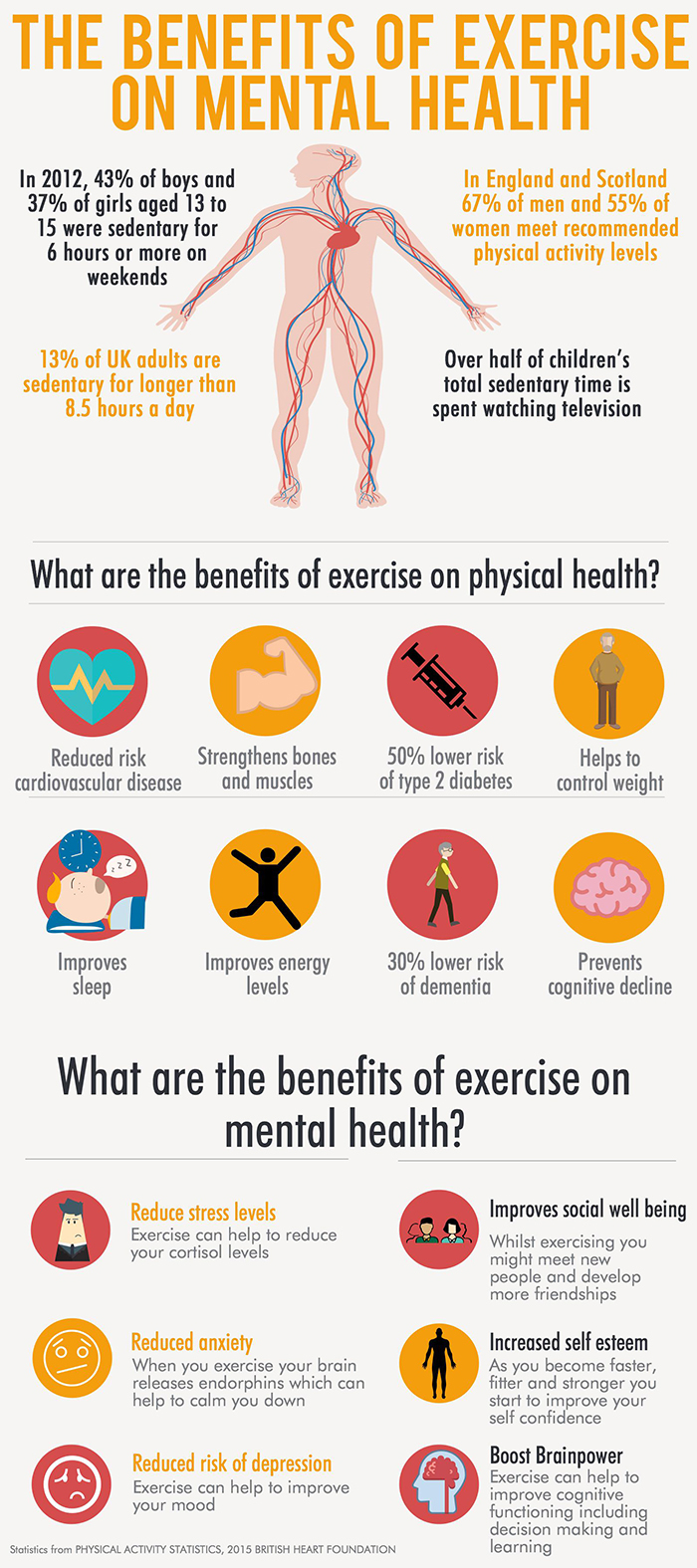
Week 3 Activities
- A) Take on the #BRYathlon challenge. Complete exercise either in water (swimming, rowing, kayaking), on land (running, walking, golf) or on wheels (cycling or skateboarding). The challenge is based on time spent exercising rather than distance. Once you have completed your chosen form of exercise, please send in proof of your time spent exercising to JEM or submit through social media with the hashtag #BRYathlon and @SportBryanston on Twitter or @BryanstonSport on Instagram.
- B) The couch to 5km is an initiative that is gripping much of the nation. You can read more abut the initiative from the NHS and BBC. Why not download the app, start your programme today and share your progress with us?
Recommended links
Further reading
-
World Health Organisation Global Strategy on Diet, Physical Activity and Health.
-
‘How Physical Exercise makes your brain work better’. an article by The Guardian
-
Positive Psychology article on the ’10 Neurological Benefits of Exercise’.
Be creative
Creating something, whether this is a piece of art, music, drama, dance or creative writing is a relaxing and inspiring activity for many people. However, it is suggested that the benefits of artistic expression go much further than relaxation and enjoyment. Creating something can help us acknowledge and recognise feelings that have been lurking in our subconscious. The process will give us a feeling of self-accomplishment which will help improve confidence. It gives us a healthy outlet for expressing and letting go of our feelings which can relieve stress and relax the mind and body.
Week 3 Activities
- A) Make a recycled sculpture. Be inspired by the work of Phyllida Barlow RA and create a sustainable sculpture from reusable household rubbish. Build it, play around with decoration and then recycle the parts. Share your finished products on you house's community wall. Here are some examples:
- Cardboard sculpture, inspired by travel - click here
- B) Make a chocolate painting and create some yummy art which you can eat with your friends! Watch the video here for more information.
Recommended links
Further reading

